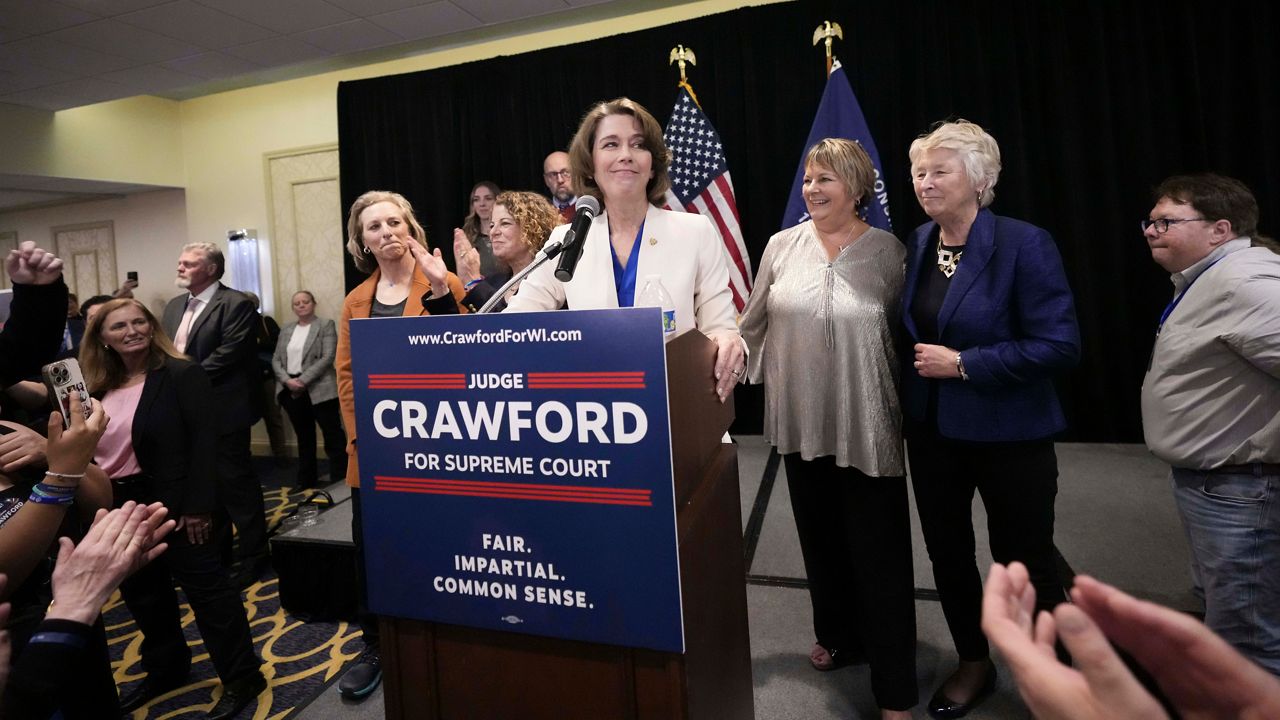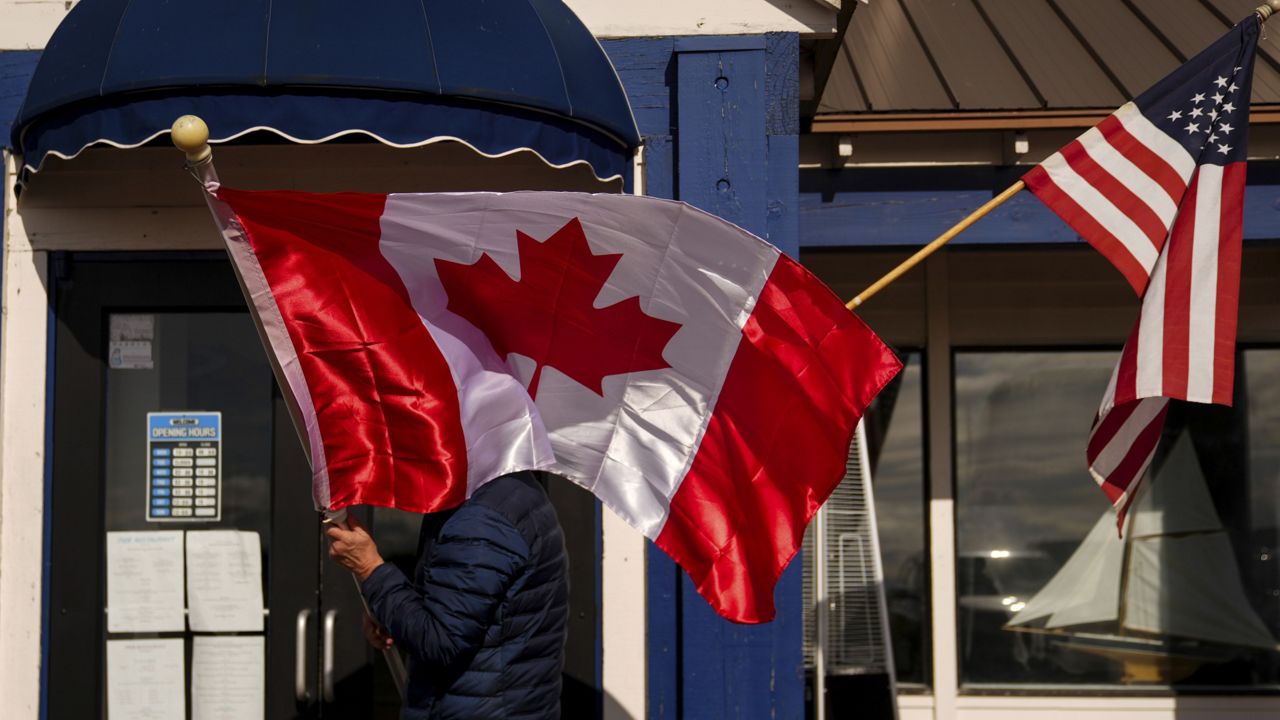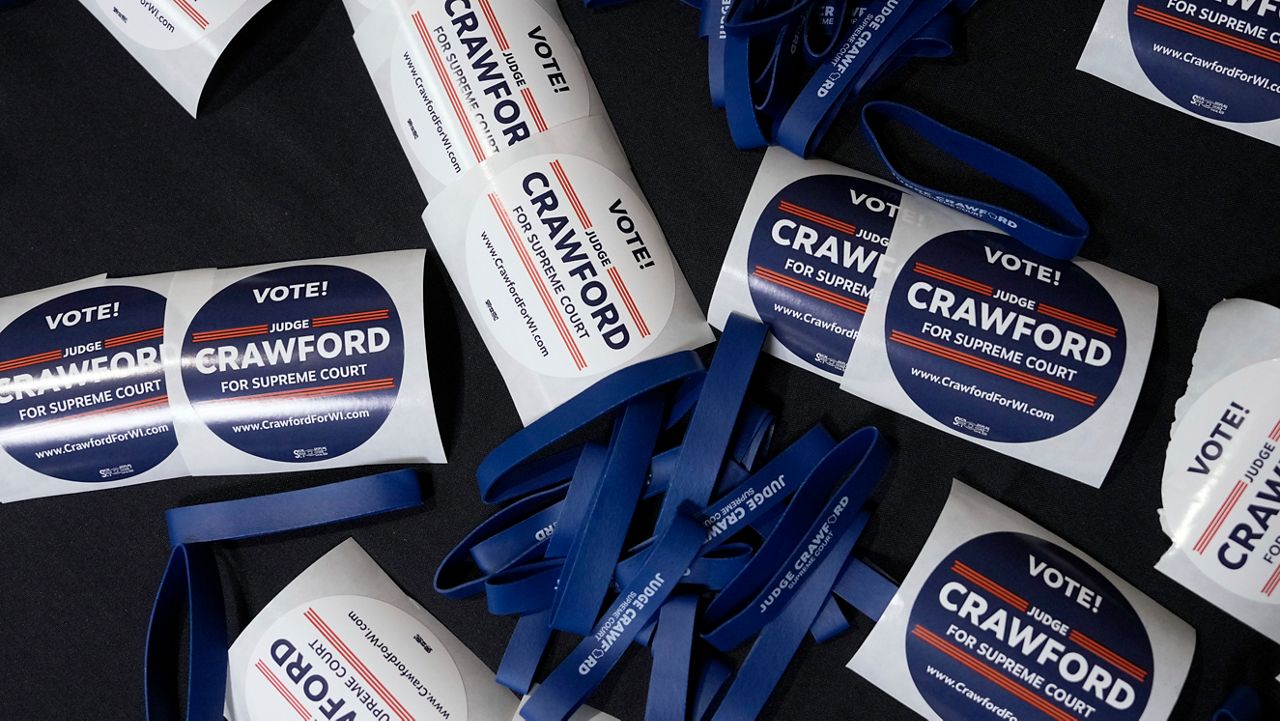ORLANDO, Fla. — Tuesday marked one year since former Minneapolis police officer Derek Chauvin murdered George Floyd.
In the months following Floyd’s death, demonstrations and calls for change swept the country, including Central Florida.
What You Need To Know
- More works needs to be done a year after George Floyd's death, activists say
- Police, communities they serve must come together, church leader says
- Police reform still needs to be put into law, activists say
- Opponents to more police reform say focus should be on law and order
Out of tragedy comes calls for change, justice, and equality. Those calls started echoing from the streets of Minneapolis following George Floyd’s murder. Those echoes still resonate throughout the entire country, including in Central Florida
In the year that followed, a jury convicted Chauvin and some states have changed laws. But Father Charles Myers, rector at the historic Episcopal Church of St. John the Baptist in Orlando, said more needs to done, starting with unity among community activists.
"We may disagree on certain things,” Myers said. “We may not see eye to eye, but we need to come to the table face to face to talk about how we can come together as a movement and not just a moment.”
To try to make that happen, Myers said he’s been having conversations with community leaders and law encouragement about strengthening relationships with officers and people in the communities they serve.
“…Build a relationship (so) that you are not policing a community, you are working with a community, and I think that is where we need to come together,” Myers said.
Laws need to be drafted and created that would improve policing, Myers said.
State Sen. Randolph Bracy, D-Orlando, is already spearheading that effort.
“Well, you are seeing police brutality,” Bracy said. “I think that there needs to be a message sent that people need to be protected.”
Bracy helped navigate House Bill 7051 through the Senate. The legislation would limit officers’ use of choke holds, change officer training, require officers to use alternatives to use of force and instruct officers to intervene in another officer’s excessive use of force.
While Bracy said he believes the legislation is a good start, state Rep. Anthony Sabatini, R-Howey in the Hills, said no more change is needed and the focus should now be on law and order. He said he believes the answer was in the so-called “anti-riot bill,” HB-1, which approved by the Florida Legislature in the recently concluded regular session.
“I think people need to follow the law, Sabatini said. “I think that is really important…I don’t think people should be shutting down I-4 or creating lawless riots and destroying property.”
But many activists said they worry the bill’s language will deter people from protesting when they believe change is needed.
The differences indicate a divide still exists — and work still needs to be done to truly find unity, Myers said.
“I’m taking about having real dialog where we open up and we say this is how I was raised and this is how this happened and this is how that happened and to come in and share with one another,” Myers said.
HB-7051 has been sent to the desk of Florida Gov. Ron DeSantis, but it has not been signed into law yet. The governor has signed HB-1.









